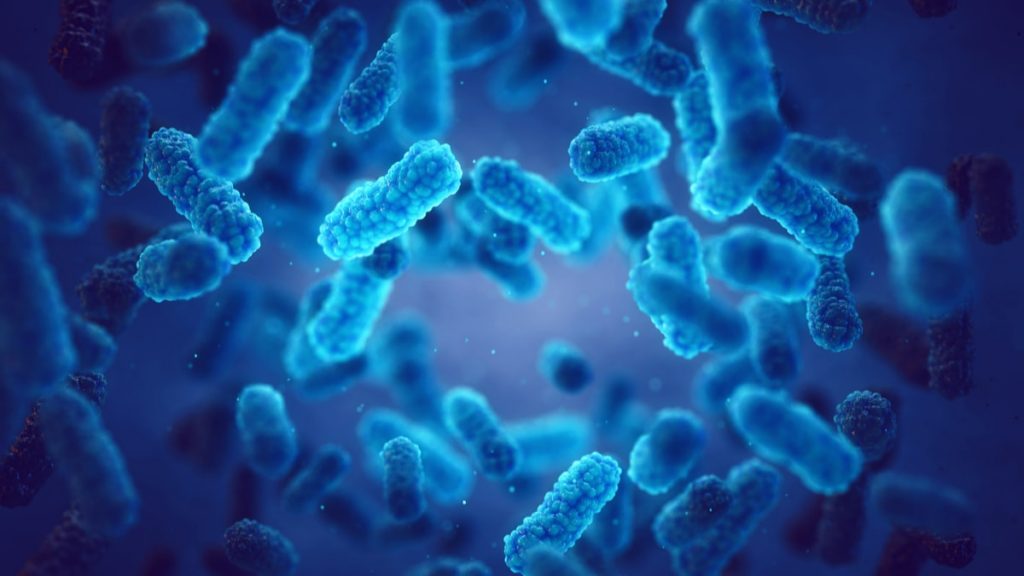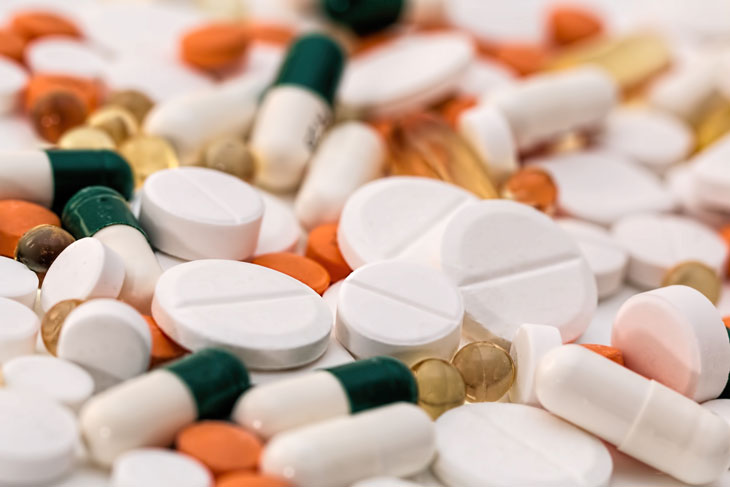
Scientists have used genetically modified bacteria to transform plastic bottles into paracetamol, opening the way to a more sustainable production of this analgesic.
Rearrangement of Lossen
This discovery took place while Stephen Wallace, of the University of Edinburgh, and his colleagues explored ecological ways of transforming polyethylene terephtalate (PET), which is found in food packaging and bottles in plasticin useful compounds.
When this type of waste has been exposed to a harmless strain ofThey exhibited chillfamily of common bacteria present in our digestive system, the team observed a chemical reaction known as ” Rearrangement of Lossen », Leading to the production of para-aminobenzoic acid (PABA).
By deepening their research, scientists discovered that the reaction was catalyzed by phosphate present in the cells ofE. coli. They then genetically modified these bacteria, with genes from mushrooms and underground microbes so that they directly convert the paba into paracetamol, or acetaminophen, which is one of the drugs The most commonly used and prescribed in the world.

Promising results
According to Wallace, these genetically modified forms can convert the PET into paba and then to paracetamol in less than 24 hours, with a level of minimum greenhouse gas emissions and an efficiency close to 92 %.
Although more research is necessary, such results make it possible to consider the use of this promising approach on an industrial scale.
« Many are unaware that paracetamol comes from oil derivatives », Write the authors of the new study, published in the journal Nature Chemistry. « For the first time, we demonstrate that by combining chemistry and biology, it is possible to produce it in a sustainable manner, eliminating plastic waste. »
Last February, American researchers had discovered bacteria feeding on eternal chemical products.

